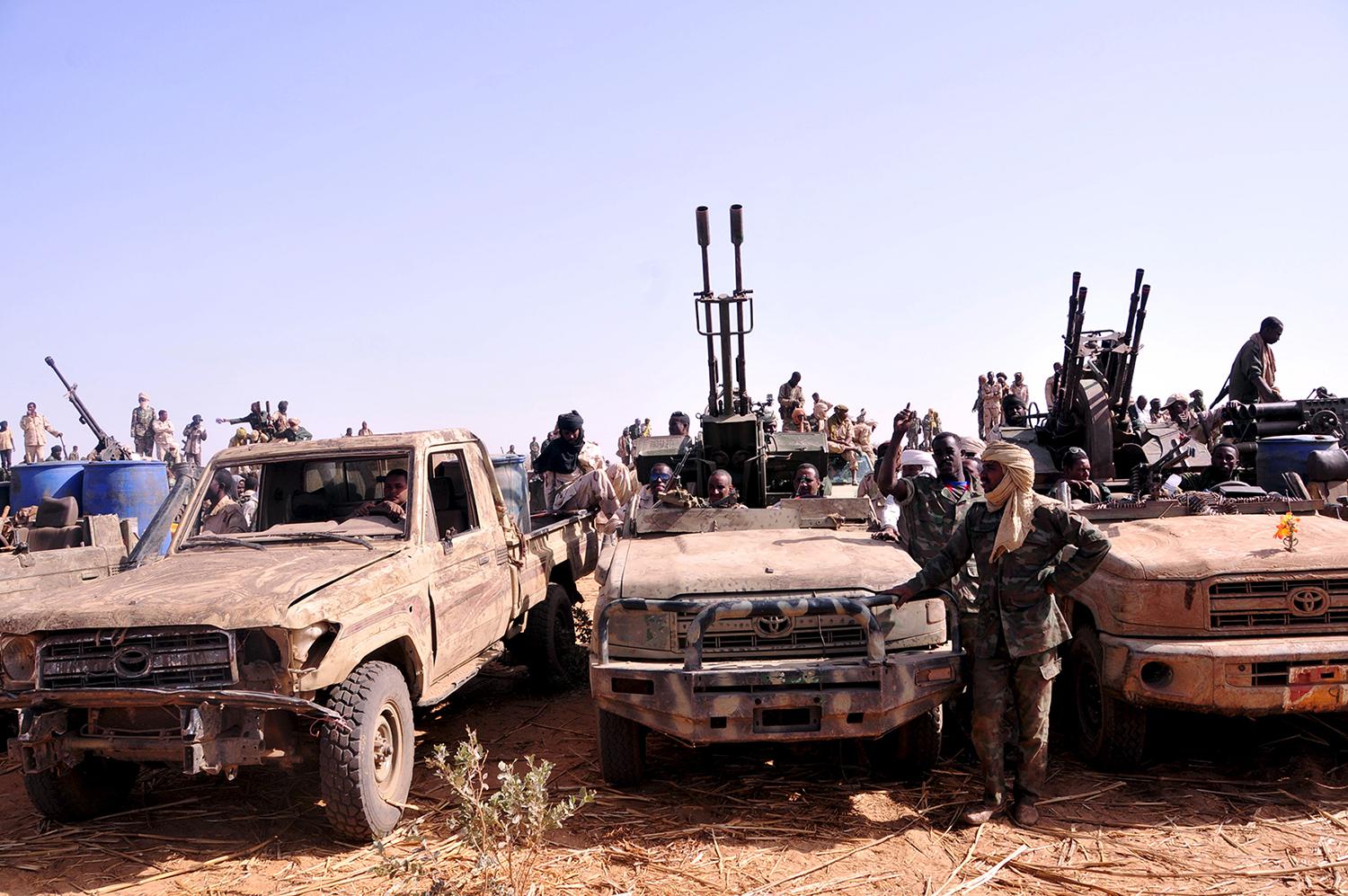By Brittani Howell
Impunity Watch Reporter, The Middle East
SANA’A, Yemen – On Sunday, Yemen’s exiled President, Abd Rabbu Mansour Hadi, announced that he will not participate in United Nation’s peace talks with the Houthi rebels. President Hadi stated that there will only be peace talks with the rebels in the event that the Houthis withdraw from the areas they seized and surrender any weapons.

The self-exiled government is making plans to return to the city of Aden by the end of this month. Over 200 soldiers from Saudi Arabia, United Arab Emirates, and Yemen, have travelled to Aden in order to secure the city so that the exiled government can return. Currently, part of Aden is under the control of al-Qaeda.
Previous attempts to end the conflict and to enter into peace-talks have all failed. Over 4,500 people have been killed since the conflict began. According to the United Nations Human Rights Commissioner, from the start of the Saudi-led offense and through June 30, 1,527 civilians have been killed. Of the 1,527 killed, 941 deaths were caused by airstrikes.
The Saudi-led coalition’s strikes have strayed from military targets and have struck civilian areas, causing many to accuse the coalition of punishing all who reside in areas under Houthi rebel control. Residents in northern Yemen, largely Shi’ite Muslims, have claimed the Saudi-led coalition attacks are a sectarian purge, as the coalition is largely Sunni Muslim.
“They kill innocents and claim to be killing Houthis. They are targeting the whole population.” Stated Adam Mujahid Abdullah, a survivor of an airstrike that targeted residential homes overlooking a university that had been used as a base for Houthi rebels.
Many people have been forced to take shelter in the mountains, as a result of the frequent airstrikes. Dr. Natalie Roberts, from Doctors Without Borders, stated “It’s no kind of life. Waiting in a cave to see if you’re going to get bombed.” Others have been forced South, most forced to walk on foot.
In the province of Marib, 25 fighters from both the rebels and the coalition were killed when the Saudi-led coalition advanced and cut off the Houthi rebels supply lines.
On Saturday, it was alleged that a United States drone attack killed 4 people in the province of Hadramawt. Security officials stated that masked gunmen prevented access to the site of the attack as the victims had been buried near by.
The United Arab Emirates on Saturday mourned the loss of 52 soldiers, who were killed in a Houthi rebels’ missile attack on September 5, 2015. This was the heaviest loss the country has seen since 1971.
For more information, please see:
Los Angeles Times – Yemen’s Exiled President Backs Out of Talks With Rebels – 13 September 2015
Reuters – Exiled Yemeni Government Pulls out of Planned Peace Talks – 13 September 2015
The Associated Press – Yemen’s Exiled President Backs out of Talks With Rebels – 13 September 2015
The New York Times – Airstrikes Take Toll on Civilians in Yemen War – 12 September 2015


